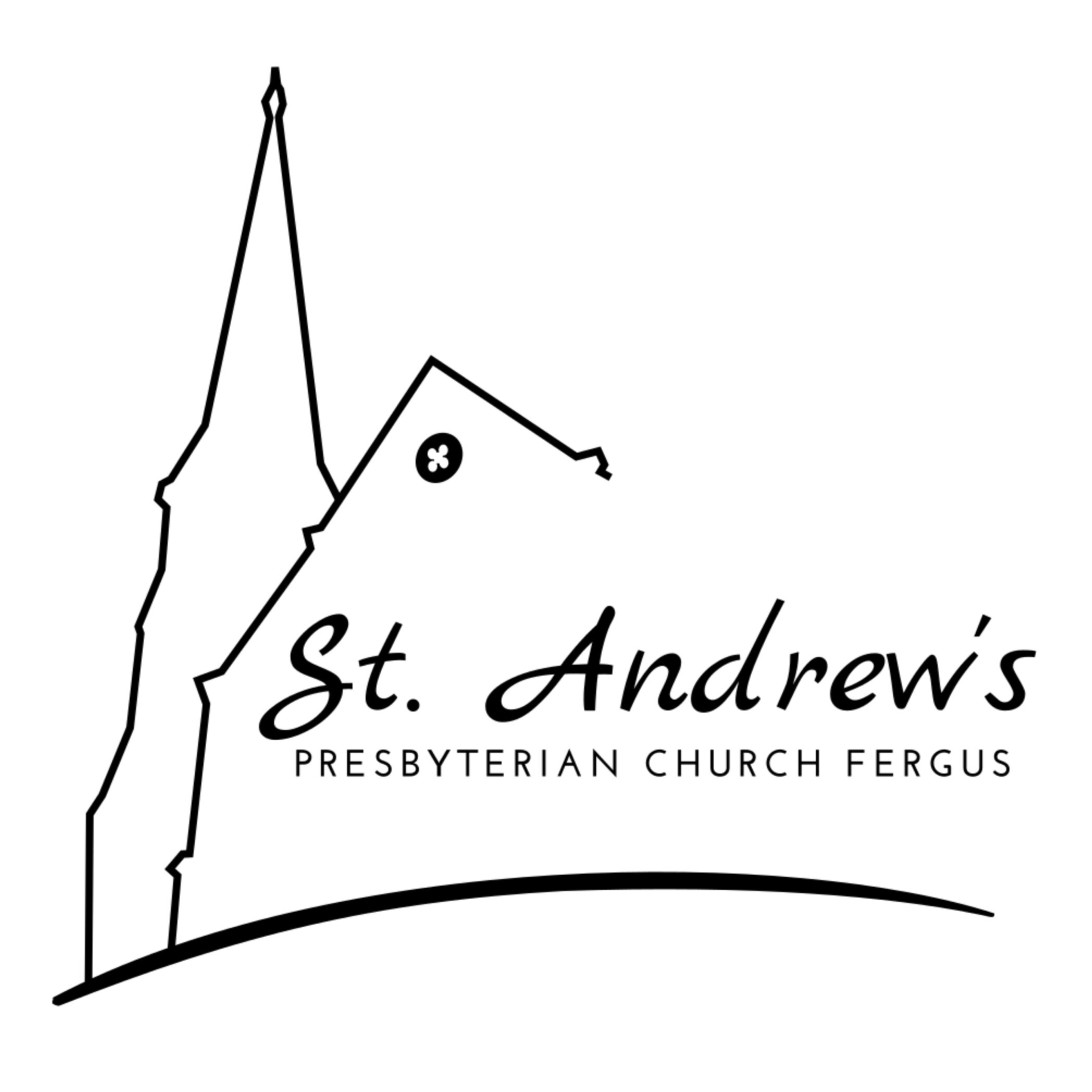On to Thessalonica
Acts 17:1-9
17 After Paul and Silas had passed through Amphipolis and Apollonia, they came to Thessalonica, where there was a synagogue of the Jews. 2 And Paul went in, as was his custom, and on three sabbath days argued with them from the scriptures, 3 explaining and proving that it was necessary for the Messiah to suffer and to rise from the dead, and saying, ‘This is the Messiah, Jesus whom I am proclaiming to you.’ 4 Some of them were persuaded and joined Paul and Silas, as did a great many of the devout Greeks and not a few of the leading women. 5 But the Jews became jealous, and with the help of some ruffians in the market-places they formed a mob and set the city in an uproar. While they were searching for Paul and Silas to bring them out to the assembly, they attacked Jason’s house. 6 When they could not find them, they dragged Jason and some believers before the city authorities, shouting, ‘These people who have been turning the world upside down have come here also, 7 and Jason has entertained them as guests. They are all acting contrary to the decrees of the emperor, saying that there is another king named Jesus.’ 8 The people and the city officials were disturbed when they heard this, 9 and after they had taken bail from Jason and the others, they let them go.
Paul and the team are headed west out of Philippi still in northern Greece – going about 160 kilometers (100 miles) they came to Thessalonica. The team followed a similar pattern as other places, going to the synagogue for the Jewish community in Thessalonica was large enough to have a synagogue. On three successive Sabbaths they discussed and debated who Jesus was. With Paul and the team insisting that Jesus was the crucified and risen Messiah, the one foretold in the Hebrew Scriptures (the Old Testament). There were two reactions to this message.
Some Jews, many “devout Greeks” (that is, Gentiles who were attracted to the teaching about God found in the Hebrew Scriptures, but who had not fully converted to Judaism), and “not a few of the leading women” (Christianity’s teaching and morality was attractive to women) were interested in following Jesus and they became a congregation of Jesus followers. That was the first group. The second group reacted strongly against the preaching of Paul, and they sought to stir up trouble for Paul and the church.
The crowd unable to find their primary targets, Paul and Silas, dragged Jason, a new follower of Jesus, and some other brand-new followers of Jesus before the town’s officials accusing them of treason (following a king other than Ceasar).
We say, “But Jesus is not a political king, he is a spiritual king.” And we fail to understand that to be loyal to Jesus first and foremost means we cannot be loyal to someone else first and foremost. To say Jesus is the king, is to say we have a loyalty to him above our loyalty to the government, above our loyalty to our country, above our loyalty to our community (in whatever way one wishes to define community). This question of who we are loyal to is of central importance when it comes to deciding if we want to follow Jesus.
PRAYER:
Lord God, your Son Jesus Christ is King of kings and Lord of lords. Shape us to be loyal citizens of Jesus’ kingdom so that all we say and do in every part of our lives declares our loyalty to Him. In Jesus’ name. Amen.
